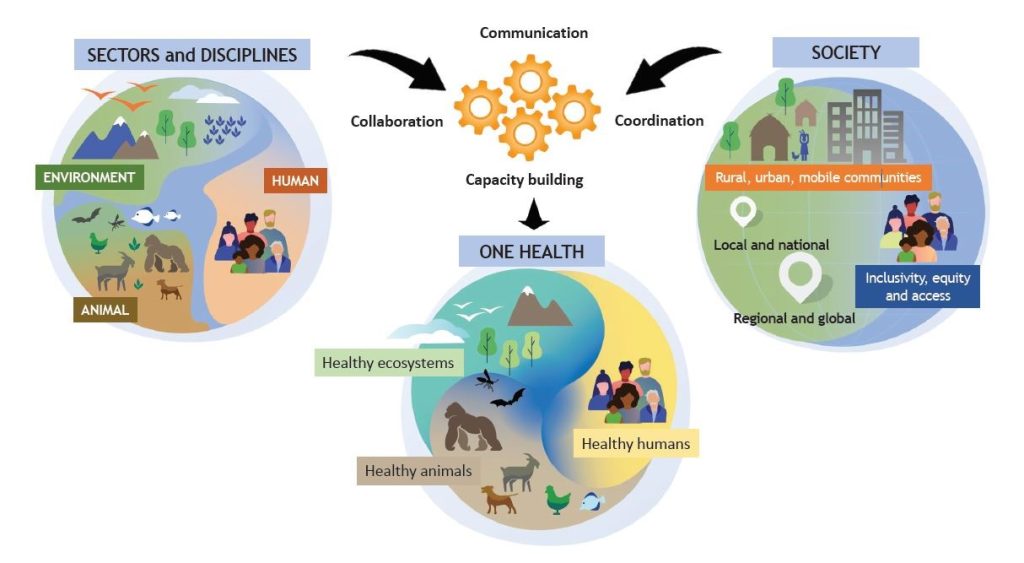Government officials of Central Asia gathered today at World Bank hosted regional conference to endorse the Central Asia One Health Framework for Action- a regional cooperation program designed to enhance the quality and productivity of health, agriculture, and environment sectors across the region.
The framework serves as a strategic plan and investment structure, requiring collaboration across sectors for effective implementation of the One Health approach. It addresses three priority issues, that are the control of zoonoses, the prevention of antimicrobial resistance and ensuring food safety.
After COVID-19, countries in Central Asia are still vulnerable to another pandemic, and climate change is increasing the risk. Diseases of animal origin cause more than 1 billion human infections globally each year, with significant losses to livestock productivity and trade opportunities.
In Central Asia, brucellosis—a disease that spreads from animals to people—costs an estimated US$76.2 million annually in human health and livestock production. A One Health approach – a multisectoral approach where health, environment and agriculture sectors work in close collaboration – would enable cost-effective control of this disease, with incremental adoption of cross-sectoral surveillance and cold storage yielding US$123–294 million in benefits over the next 25 years.
“This framework is an important step towards greater cooperation in Central Asia on pandemic preparedness and response. It is in the interests of all countries to work together to protect the health of people, animals, and the environment,” said Tatiana Proskuryakova, World Bank Country Director for Central Asia. “The World Bank is proud to support this valuable collaboration, and we stand ready to attract necessary investments to make One Heath framework a reality.”
The Central Asia One Health Framework for Action identifies action areas that will contribute to increasing agriculture competitiveness and expanding regional trade as well as export of animal-based products to world markets. Agriculture forms a significant proportion of regional GDP and is a key asset in Central Asia’s extensive rural areas and the implementation of the framework can support a sustainable expansion of domestic production and creating economic opportunities for rural communities.
Moreover, a One Health approach can contribute to safeguard the biodiversity and productivity of landscapes by improving ecosystems health in Central Asia. It will guide the implementation of a collaborative regional surveillance of wildlife, pasture degradation, and antimicrobial residues in the environment as a prerequisite for enhancing ecosystem health, thus reducing the risk of emerging diseases and pandemics.///World Bank, 28 Nov 2023
